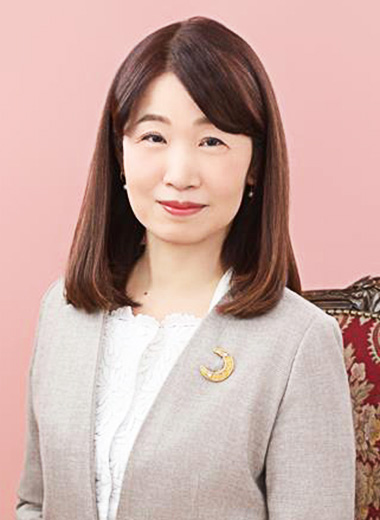Always building a warm future society for people with health and wellbeing

Established in 1975 as the first and only nursing faculty at a national university, the School of Nursing at Chiba University celebrated its 50th anniversary in April 2025.
A total of 3,961 undergraduate students have graduated from the School of Nursing, while 1,417 graduate students have done so from the Graduate School of Nursing, which was established in 1979. While honoring its history and traditions, the School of Nursing is taking new steps into the next 50 years as a pioneer in the science of nursing.
Health and illness are inseparable aspects of human life. Nursing education is not only a professional education, but a lifelong one that stimulates interest in one’s own health and cultivates the ability to maintain one’s own health and that of one’s family.
The School of Nursing has developed a curriculum based on the scientific principles of nursing science, ultimately fostering an awareness of respect for life and humanity and cultivating nurse scientists who can think and act independently in complex and challenging situations.
The Graduate School of Nursing, which is one of the largest in the nation, provides diverse learning opportunities to cultivate the ability to create and apply nursing knowledge to society as educators, advanced practice nurses, and nursing administrators. The curriculum emphasizes interdisciplinary collaboration and internationality to address complex health issues that cannot be solved by nursing science alone and further aims to transform nursing science from an interdisciplinary and international perspective.
Chiba University encourages all students to study abroad. We hope that both undergraduate and graduate students will broaden their global perspectives, create an ideal future for nursing professionals, advance nursing science, and continue to build a warm, healthy, and harmonious society.
Dean of the Graduate School of Nursing, School of Nursing, and Graduate School of Nursing ![]()